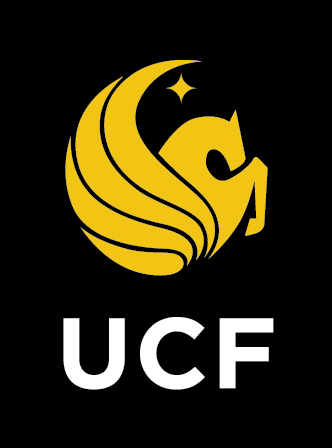|
East Carolina University
Course Title: Introductory Psychology
Redesign Coordinator: Dorothy Muller
Status: This project originated as part of NCAT's FIPSE-funded Roadmap to Redesign (R2R) program, 2003 – 2006. Due to a variety of factors, this project was not completed. The project plan serves as a good example of how to think about redesigning a large-enrollment course.
Project Plan:
East Carolina University (ECU) will redesign Introductory Psychology, its fourth largest course, which annually enrolls 3,284 students in 39 sections averaging 84 students per section. The course is taught by full-time faculty and part-time faculty (85% and 15% of the sections respectively). Each section meets three hours per week for 15 weeks and utilizes a standard lecture format. Although the department has an approved general syllabus, faculty members create their own syllabi and select their own textbooks.
Introductory Psychology is required for psychology majors and for students in 55 other degree programs. Additional students select the course to fulfill a social science general education requirement. The department has difficulty meeting demand because of these program requirements and the university's growing enrollment. In addition, the high DFW rate, which has been as high as 40% (33% in fall 2003), results in re-enrollment for many students.
The ECU psychology department will use a Replacement Model in its redesign. Faculty will first identify major topics to develop a common syllabus. The redesigned course will use a combination of large master lectures one day a week, small discussion groups, online Supplemental Instruction (SI), and online mastery quizzes. Mastery quizzes will promote out-of-class active and focused learning opportunities that will help prepare students for course lectures and reinforce course content. Students will be able to take the quizzes as many times as they wish prior to the lecture. As a result, they will be better prepared for class and more capable of understanding lecture content and integrating it with what they have read. Graduate assistants and undergraduate SI leaders, who have excelled in the course and are trained in the use of MyPsychLab.com, Blackboard, and SI delivery, will conduct small discussion sections and online SI. These resources will provide interactive, guided, homework and discussion group activities; practice tests; online tutorials and assessment tools; and student progress tracking. Although the sections will be larger, there will be more opportunities for students to engage in active learning. Continuous data collection will allow faculty to determine topics needing reinforcement and further development.
ECU will assess student learning and student and faculty satisfaction using pre- and post-testing, focus groups, and university required web-based surveys of instruction. During spring 2005, the team will conduct a pilot study using two large sections of 250 students each. All students in all sections of the course will take a pre- and post-test developed to assess knowledge of common course topics. Students' acquisition of knowledge and performance in the pilot sections will be compared using the pre- and post-test scores. In addition, the pre- and post-test performance of students in the redesigned sections will be compared to that of students in the traditional sections. After full implementation, performance on common final exam items used in all sections will be compared.
The redesign will reduce the cost of course delivery by reducing the number of sections of Introductory Psychology from 39 to 14 and increasing section size from 84 to 250 students in the full implementation. The cost-per-student will be reduced from $100 to $68, a 32% reduction. The course redesign will result in annual savings of approximately $91,000. The redesign will eliminate adjunct faculty and will allow the department to devote fewer full-time faculty members (from 22 to 7) to the introductory course. Savings generated from the redesign will be used to hire an educational technology consultant to support the department, to purchase additional equipment to support the course, to contract with faculty to develop modules for this and other courses, to support faculty development, to extend the redesign approaches to other psychology courses, and to support faculty needed for a new doctoral program in psychology.
|
